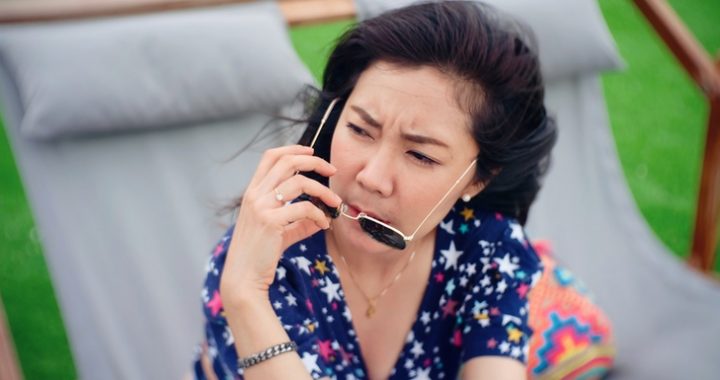Estate planning, wills and final testaments are not easy processes to navigate. Setting up life cover and considering what will happen to your family when you pass away can be deeply emotional and an experience many would rather avoid.
But as technology helps us create farewell videos, family portfolio galleries and digital vaults, it has made the experience a little less technical and considerably more emotionally engaging and fulfilling.
However – we often plan for the event of our death alone. What if you and your partner pass together or in quick succession? Not only will your dependants need to charter the unknown territory of your physical assets and financial policies, but they will also need to deal with your digital assets and online accounts.
From online banking and social media to online shopping and digital subscriptions, most of us have anywhere between five and forty active accounts that will need to be closed, cancelled or managed in our passing.
And, all of these require passwords.
If you haven’t addressed this before, you can start today with a simple spreadsheet or table. You can print it out or set it up on your device, whichever makes more sense to you.
There are loads of apps (some free, some not) that can help you do this, but let’s take a look at a basic framework that covers the essentials and gets your thoughts aligned with what might happen to your passwords when you pass.
Set out four columns under the following headers:
- Account (Facebook/National Bank/Netflix)
- URL (this is the website address or link that you use to access your account)
- Username
- Password
You can always add more columns as you use the list a little more, these could include headers like:
- Renewal date
- Renewal/Monthly/Annual fees
- ID number or personal identifying code for that supplier
- Email (that is linked to that account)
You could also create groups for the different accounts to make it easier to update and work with going forward. Group categories would also make it easier for your partner or kids to find the relevant accounts easily.
These categories could be things like:
- Email accounts
- Banking
- Business accounts
- Internet/Cellphones
- Entertainment
- Social Media
- Online Shopping
Our digital assets are still a very new area of estate planning that have not been fully explored, but if you have some good ideas on how you’d like your social media profiles to be treated or specific messages that you would like broadcast, these can be included in your planning.
But – almost all of these wishes depend on someone having access on your behalf; and for that they will need the four columns of the sheet that you’re about to set up! If you have more than ten accounts – just do ten today, and another ten tomorrow and another ten the day after until you’ve worked through everything. This will make it manageable and achievable.









